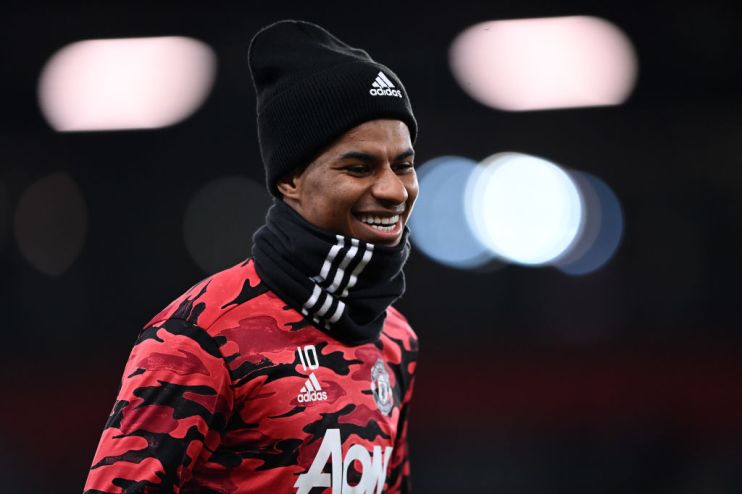Doing good is now part of doing business: Why every sports brand and athlete needs to help society in order to find commercial success

The influence and social media reach of sports women and men is incredible – and growing. But who is using it to greatest effect, both for their own benefit and that of society?
Cristiano Ronaldo has 263m followers on Instagram and Lionel Messi has over 100m on Facebook. Manchester United, widely regarded as the biggest global sporting brand, has a mere 39.2m followers in comparison on Instagram.
For sports organisations, there’s a clear message: your athletes are still your greatest ambassadors. But athletes and organisations alike need a shared authentic social purpose to thrive commercially now and in the future.
It needs to feel like more than a PR exercise, with real depth, meaning and most importantly impact. When done right, social impact strategies and increased revenue can be directly linked.
Last month Nielsen published a study stating that “the sponsor media value generated by athlete advocacy posts on social could grow to as much as US$1.2bn by 2023.”
The report was able to quantify that athlete advocacy posts generate 63 per cent more engagement for brands.
Thankfully, there is a distinct upward trend in businesses ‘doing good’ and giving back to society in one way or another.
Moreover, there is a clear shift from that being a nice-to-do to a must-do.
Increasingly, brands and sports organisations are coming forward and looking to develop measurable strategies that benefit both society and stakeholder.
Gradually we are seeing project teams shift from the PR team, to the CSR team, and now mainstream operations team.
Essentially, doing good is becoming part of doing business.
Impact, authenticity and enthusiasm
We are heading in the right direction. But so much more can be done, and the potential is colossal.
Those who do it well can look to gain far more from sponsorship – 11 per cent more, according to the Nielsen report.
That must surely help win boardroom support over and above the fact that improving the world is a ‘good’ thing.
While things are looking up, a business finding a wider purpose and creating a strategy around how they benefit society is too often surface deep; one for Public Relations not Public Benefit.
Consumers now want to see authentic work with real meaning, passion and legitimacy.
In the sports world, rights holders and athletes are coming under pressure to deliver social impact from the funders like Sport England and UK Sport and, increasingly, brands too.
We’ve all seen the effect that Marcus Rashford has had on a cause very close to his heart.
But pretty much every athlete has an interesting backstory of hard work and overcoming adversity to get to the top.
It’s imperative for rights holders and brands to dive deeper into these athletes and understand their passions, beliefs, desire and ability to help society, and match that up to their own organisational objectives.
The overall message is clear: to be optimally successful commercially, every sports brand and athlete needs to find how they can help society – and, most importantly, do it with impact, authenticity, and heartfelt enthusiasm.
Pete Fitzboydon is MD of thinkBeyond, one of the leading global strategic consultancies with a focus on utilising sport for social good. For more information, visit www.canyouthinkbeyond.com.